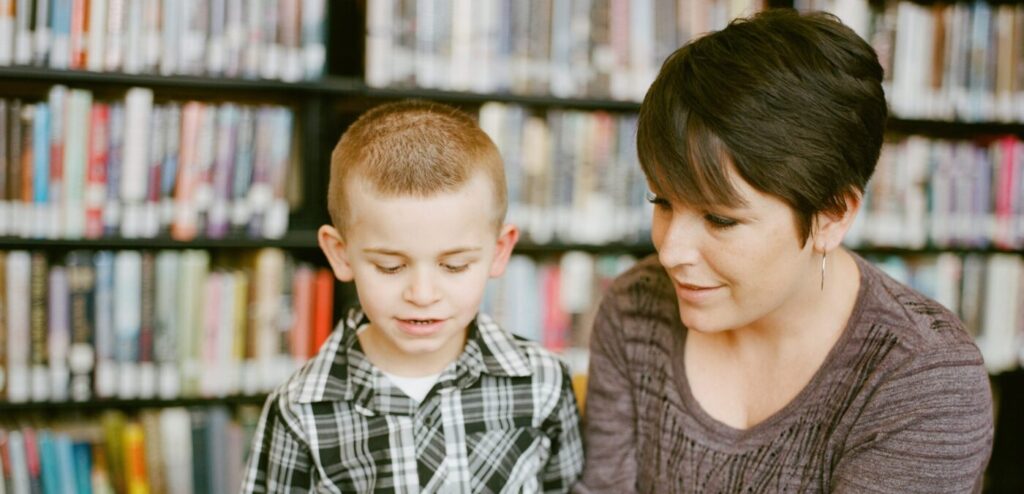Some conditions can come hand in hand, in this article we therefore investigate the link between autism and apraxia.
The basics
As parents, we all want the very best for our children.
We strive to provide them with every opportunity to grow, learn, and thrive.
However, when our little ones face unique challenges, it can be overwhelming and leave us searching for answers.
One such challenge that some children with autism may also experience is apraxia.
Autism is a complex condition that affects kids in various ways.
It often impacts social interaction, communication, and behaviour.
Apraxia, on the other hand, is a motor planning disorder that affects a child’s ability to execute purposeful movements or actions.
Although autism and apraxia are distinct conditions, there is a recognised overlap between them, often presenting unique challenges for children.
For children with autism, communication can be one of the key areas affected.
Some children may experience delays or difficulties in acquiring spoken language.
This is where apraxia can come into play.
Apraxia of speech, specifically, refers to the difficulty in coordinating the movements necessary for speech production.
It is important to note that not all children with autism will have apraxia, and vice versa.
However, research has shown a higher prevalence of apraxia among children with autism compared to the general population.

Is there a link between autism and apraxia?
The exact nature of the link between autism and apraxia is still being studied.
One theory suggests that both conditions may have common underlying neurological factors.
It is believed that disruptions in the development of brain areas responsible for language and motor planning could contribute to the co-occurrence of autism and apraxia.
While this link is not yet fully understood, recognising the potential presence of apraxia in children with autism is crucial for early intervention and tailored support.
Challenges faced
The coexistence of both conditions can present unique challenges for parents and children alike.
As parents, it is natural to feel concerned or overwhelmed when our children face difficulties in communication.
However, it is essential to remember that your child’s challenges do not define their potential or limit their ability to lead fulfilling lives.
With early intervention, appropriate therapies, and your unwavering support, your child can make progress and develop effective means of communication.
If you suspect that your child may have apraxia, it is important to seek professional evaluation and guidance.
There are specialists who can assess your child’s speech and language abilities, provide a diagnosis if necessary, and develop tailored therapy plans.
These professionals play a crucial role in helping children with autism and apraxia develop functional communication skills.
How can parents help
The journey may not always be easy, and progress might occur at a different pace for each child.
However, it is essential to celebrate every small victory along the way.
Encourage and support your child’s efforts, while also taking care of yourself and seeking support when needed.
Connecting with other parents who are navigating similar challenges can provide a sense of community and shared experiences, reminding you that you are not alone in this journey.

Summary – Autism and apraxia
While the link between autism and apraxia may present additional challenges for parents and children, it is important to remember that there is hope and support available.
By recognising and addressing apraxia early and fostering a loving and supportive environment, children with either condition can make significant strides in their communication skills.
Together, we can navigate this journey, celebrating every small victory and empowering our children to reach their full potential.

